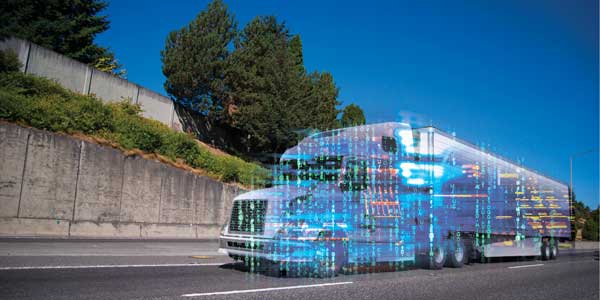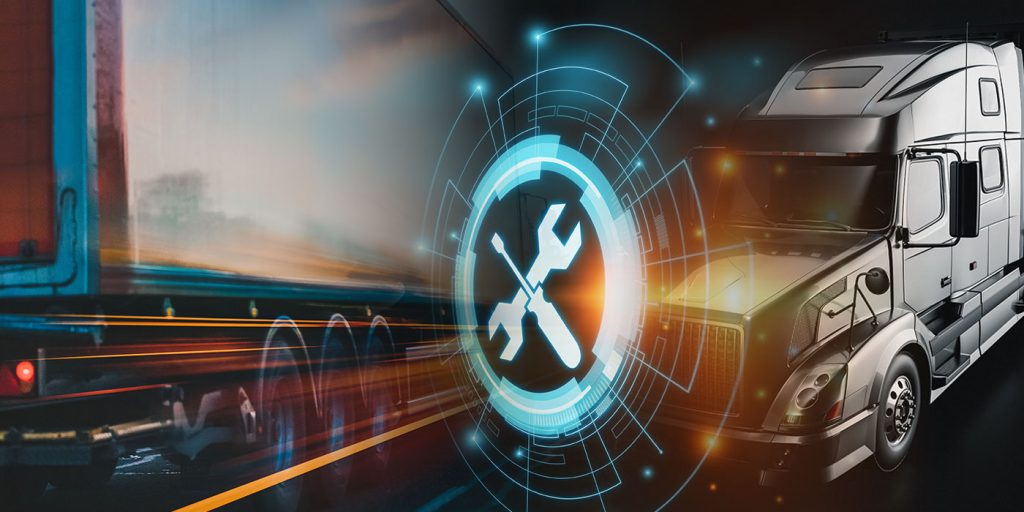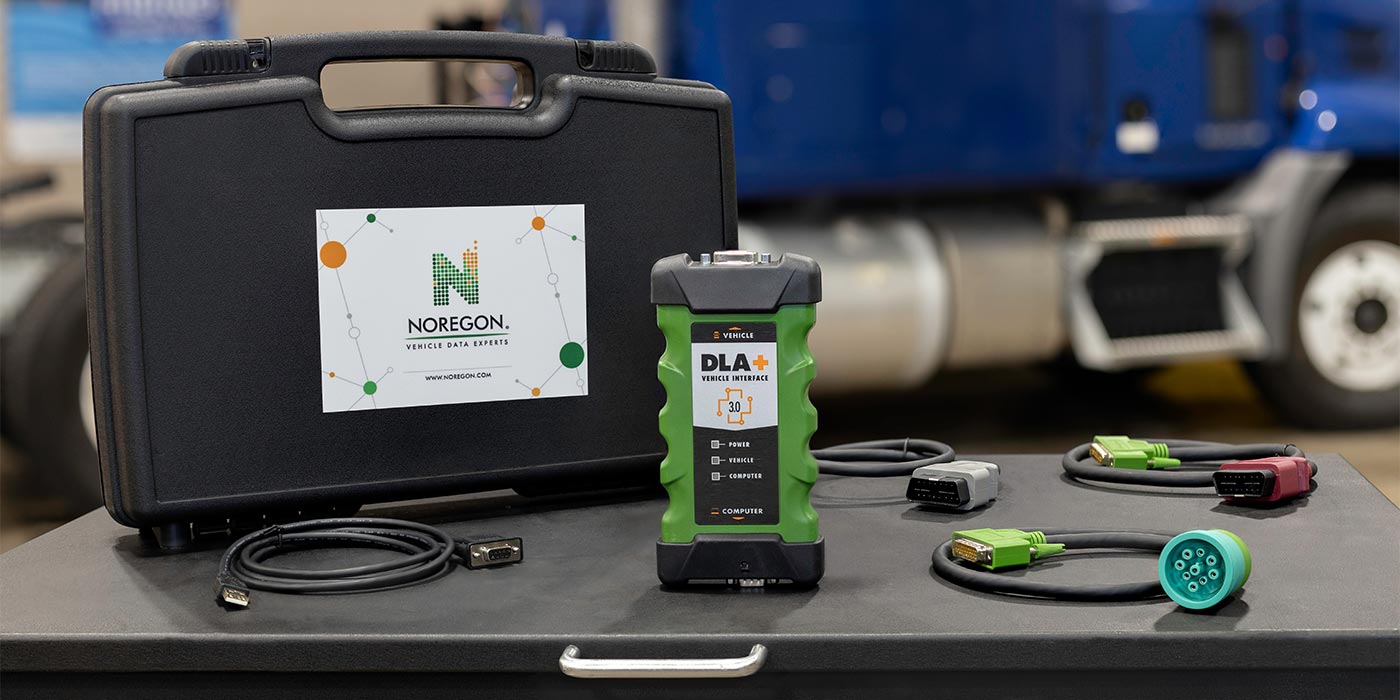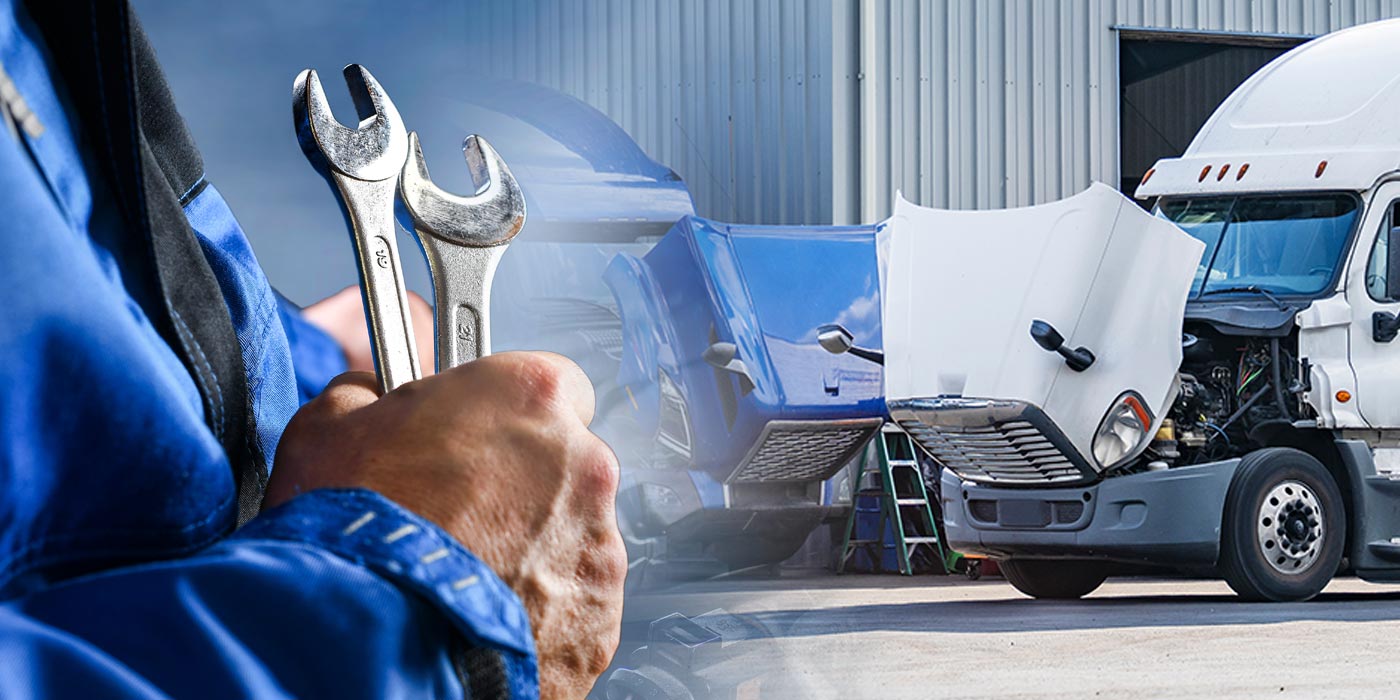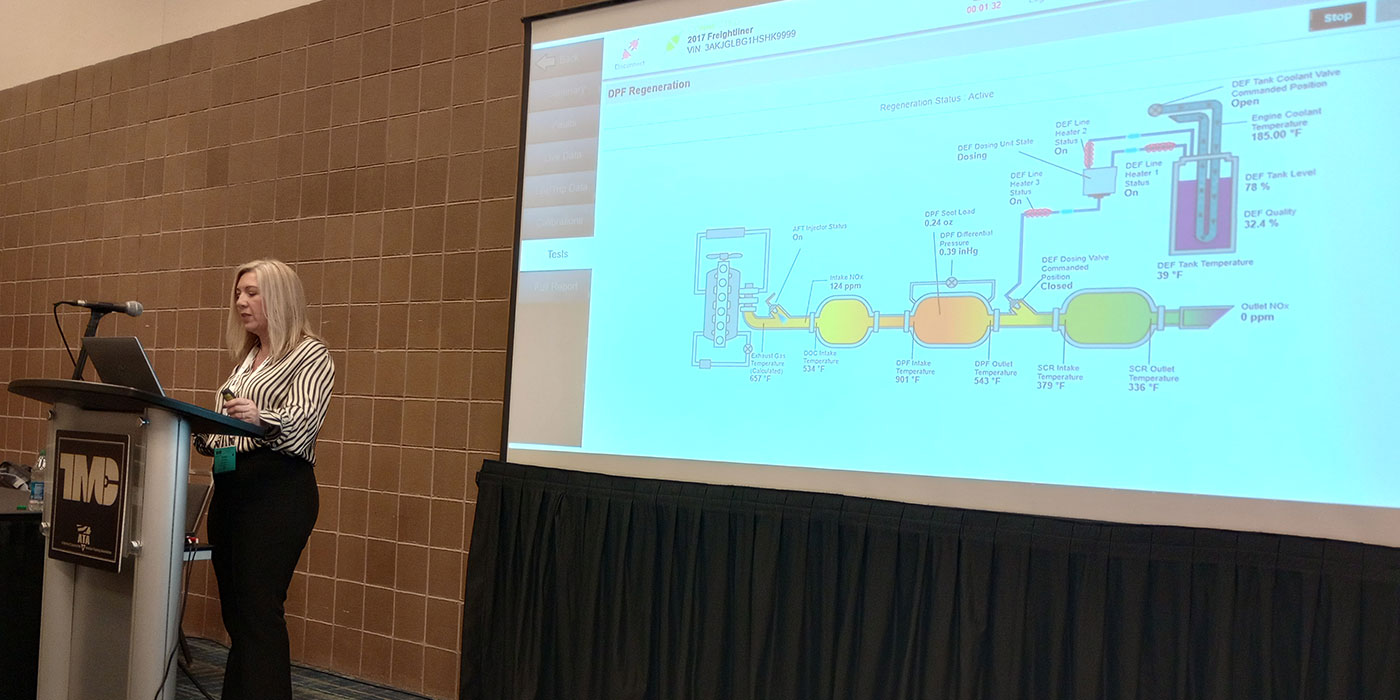In the ongoing request for increased compensation there is always the balance of compensation versus production. On both sides of the equation there is always misrepresentation or misunderstanding that the employer is the one who, for the most part, is in control of the distribution of compensation for work performed. At a truck dealership, for example, there are flat rate methods of compensation that can be controlled because of the manufacturer’s flat rate book (FBR). It is a simple formula of compensation: Do this specific requested repair and it pays X for production, or greater pay for increased personal work production.
This works at a dealership, but within a fleet service operation, there is no simple way to improve the performance of the technician, other than trying to drive production through Standard Repair Times (SRTs), which is a questionable tool, in my view; data intimating management. I have not seen SRT actually work or managed in a way that creates fleet shops’ productivity. SRTs are talked about at the conference table, but the real world results are questionable at best.
There is a disconnect and misunderstanding of the value of a dollar, cost per minute, and the difficulty of survival in today’s competitive cutthroat fleet truck service world. It’s important to understand that your compensation is in your direct personal; you have control of your own destiny. Average truck service production is no longer going to be compensated in the above average pay arena or what you think your value is. If you want the pay, then you must produce. It’s that simple. Pay ranges have become an issue of balance and performance in all ways.
The fact is that if you want your fleet shop truck service operation to improve, you have to manage it, and that means looking at all aspects of your shop operations—not just so-called “SRTs.”
Enter Discretionary Pay Incentive (DPI), a purely discretionary system based on the ongoing production on a daily, hourly or by the minute basis. The increase will be on a separate pay line for compensation. This will not be part of the base hourly pay.
If DPI is the carrot for improvement, then it can also be the stick. The DPI will be discretionary and can be temporarily or permanently removed based on anything that would be considered a lack of production. That can include: attitude, excessive smoking, cell phone activity abuse, repairs taking longer than they should, excess amount of non-productive, non-business-related chatter, lack of shop area cleanliness and deferring to others for nonproductive energy. This program is not limited to these specific areas.
DPI removal is simple. Upon observation of repetitive activities the shop manager deems inappropriate, it can be removed. Once removed, with or without notice, it’s not included on the paycheck. The technician can request a meeting to find out why it was removed. It can be reinstated with a serious conversation where the employee can correct the removal of compensation and will be considered replaced after 30 days of said meeting with commitment from the employee to correct the reason(s) for discretionary DPI removal.
The management goal is not to remove the DPI but to establish an understanding of who is in control of improving the shop’s operation: the employee. He or she is the only one who can change the perception of the lack of production by changing the dynamics of themselves. The company has no reason not to compensate for production and performance.
Today, too many managers and or companies drive service production in a way that could be considered “management by intimidation.” The old rule of “low man goes” does not apply any more in this world of vehicle fleet repairs.
Upon DPI removal, consideration for a committee of three to review the request of removal to agree or disagree with the removal decision. This is not a democratic vote, but a committee of conciseness. The final decision will be determined by the remover or senior manager of the group.
DPI gives the power to the fleet shop employees to increase their compensation based on their overall personal performance. It is up to each company to decide what it wants to compensate technicians; if they want to give a fair day’s pay for a fair day’s production and performance, DPI should be part of the compensation.
Anyone one who wants to converse on this subject feel free to contact me at [email protected]





